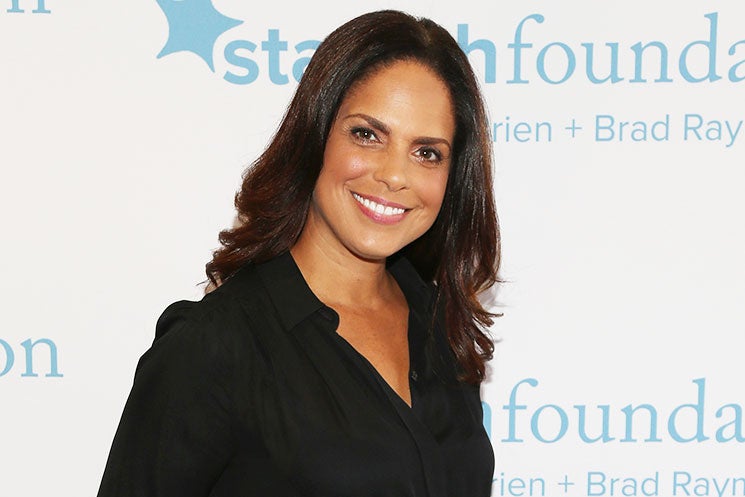
Excerpts of this interview have been truncated for clarity. Questions have been modified slightly for clarity as well.
Soledad O’Brien recently moderated a one-hour town hall, Rethinking High School with Soledad O’Brien, on the campus of Howard University in Washington, D.C.
No stranger to the esteemed university — one of six historically black colleges and universities included in CNN’s Black in America Campus iReporter Tour in 2008 — O’Brien reflected on how much the racial climate and political landscape has changed since her acclaimed documentary launched eight years ago.
In an exclusive interview with ESSENCE, O’Brien dished on the legacy of racism on this country, how it lends itself to today’s issues and how to have effective conversations about race.
Right now we’re in an interesting time for our nation. Race is at the forefront of everything. It’s dominating news headlines.. How do we have critical conversations on race?
You have to gather people together to have really tough and thoughtful conversations. You’re never going to solve any issues around race by not talking about it. You have to really have awkward, uncomfortable conversations about access, equity and white supremacy. It’s kind of a step forward that (this is) something we’re even discussing. If you want innovation in thought, you have to tackle some tough questions that deal with data and statistics that we know are pretty bad.
WANT MORE FROM ESSENCE? Subscribe to our daily newsletter for the latest in hair, beauty, style and celebrity news.
What does your political-focused show, Matter of Fact with Soledad O’Brien, bring to Washington?
What was appealing to me when we started talking about the show was that we would elevate voices that I think are chronically underheard. Many times, I’ve done a panel on immigration that had no Latinos; a panel on race that had no black people; a panel on women that had no women. I’m interested in making sure the conversations we’re having include the people who are embedded in that conversation.
You would think by watching television that every economist is a 65 year old white guy. But really, there’s women who are economists. There are people of color who are economists. They also have perspectives on what is happening in America and we can elevate those conversations.
If we’re talking about poverty, usually you have an analyst come on and talk about data; almost never do you have poor person come on and talk about poverty, and they’re the expert in a way. We’re going to make sure we elevate the voices that are relevant to the conversation; voices that we think are pretty chronically underheard and whose stories are undertold.
Readers in Washington, D.C. can catch Rethinking High School with Soledad O’Brien on Tuesday, October 4 at 8:00pm ET on WHUT TV; and on a date to be determined on WETA TV 26.





